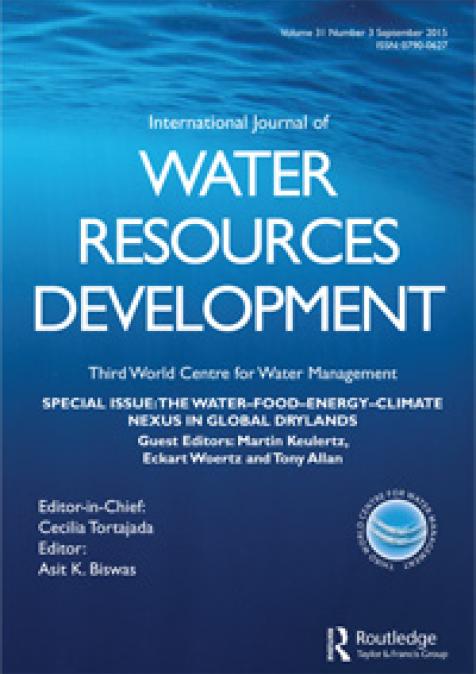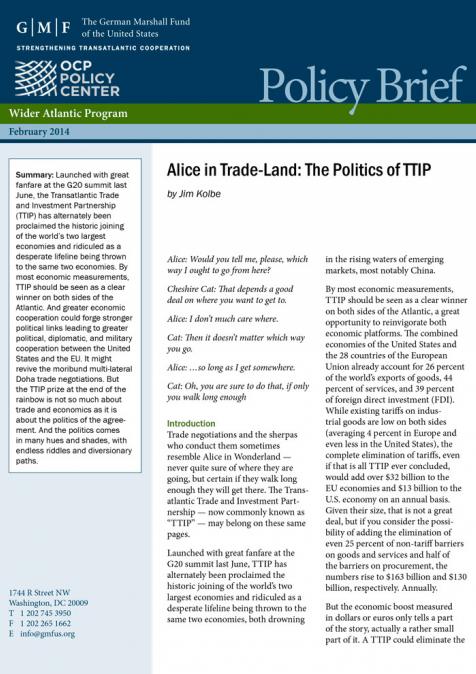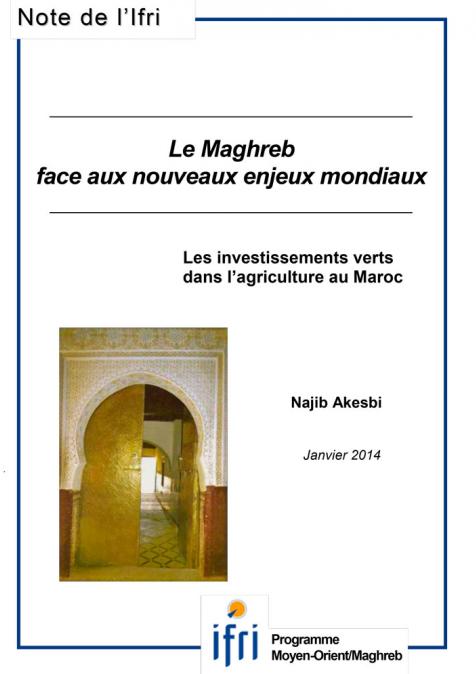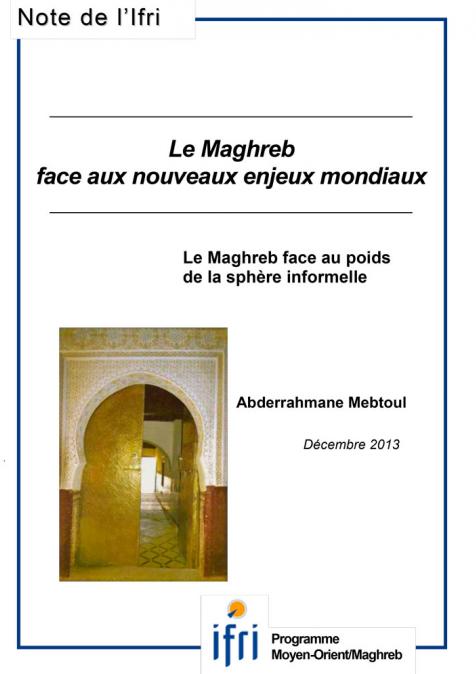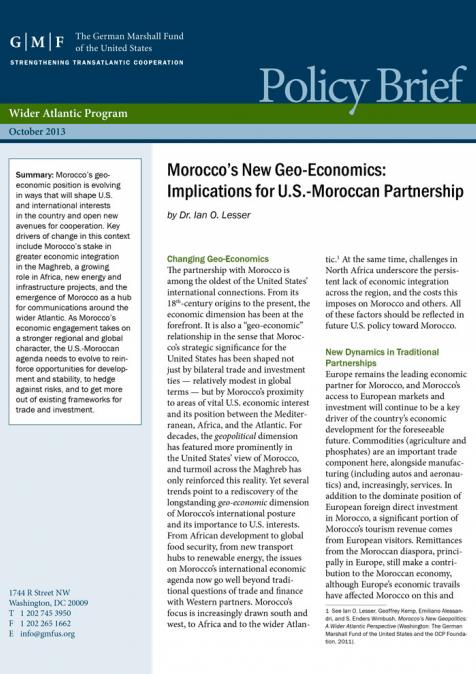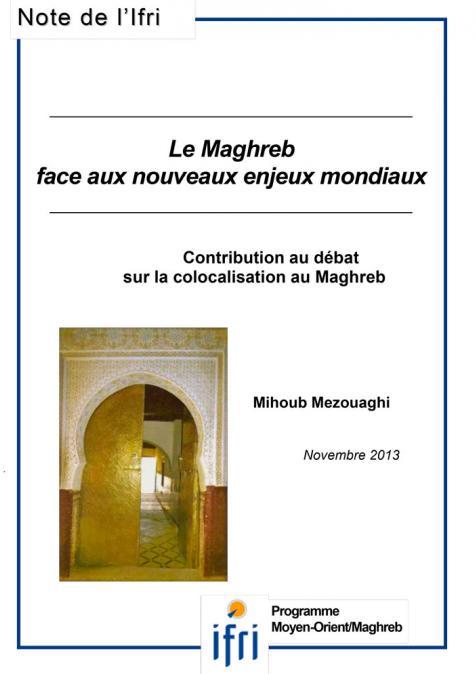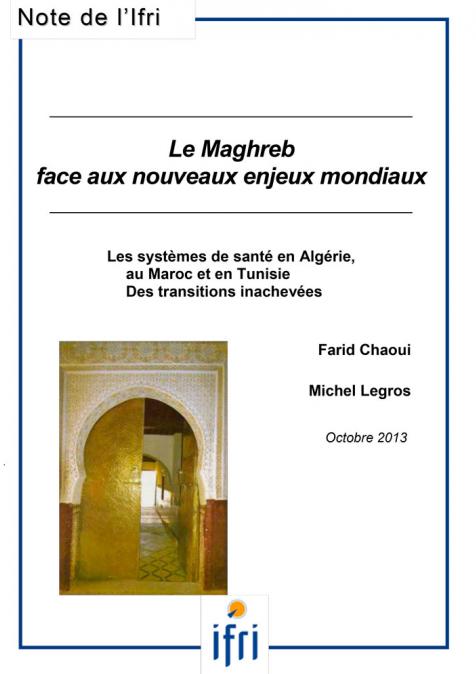Publications /
Paper in Academic Journals
The contributions to this special issue were peer-reviewed presentations to the International “Conference on the Water-Energy-Food Nexus in Drylands,” held in Rabat, Morocco, in 11–13 June 2014. This conference happened in the context of a partnership between OCP Policy Center, the Barcelona Centre for International Affairs (CIDOB), and King’s College London and Texas A&M, gathering high-level international experts to discuss the impacts of climate change and water scarcity, and potential solutions in the fields of agriculture, water management, agro-business and energy. The 30 researchers from across the Arab world, Europe and Africa discussed the nexus in a highly engaging format, and focused on the gap found between science and policy making.
The nexus concept may hold a number of promises for dryland economies if its scientific recommendations are fully understood and sensibly integrated into policy. However, this will not be an easy task for decision makers in the years ahead. This special issue is a first contribution to the debate that will hopefully inform policy makers of opportunities related to the World Economic Forum’s nexus concept. More importantly, it seeks to launch a debate on the concept and the future of natural resources management in dryland economies. It is hoped by the editors that scientists and policy makers will be able to grasp the nexus concept not only to manage resources in an integrated way but also to see the need to cooperate across borders and private-sector supply chains to solve the environmental challenges of the future.

